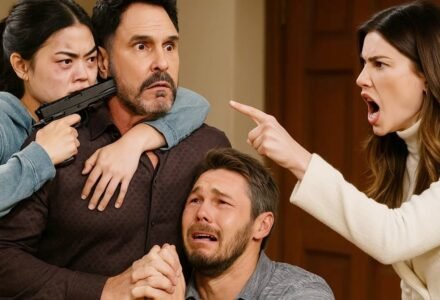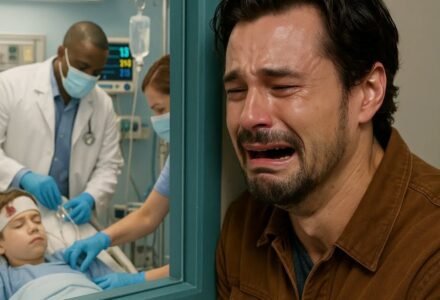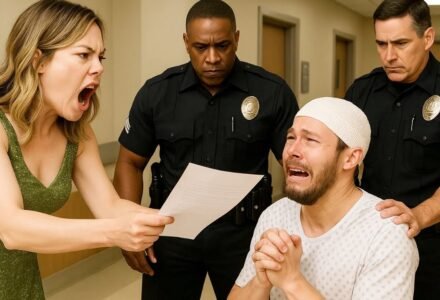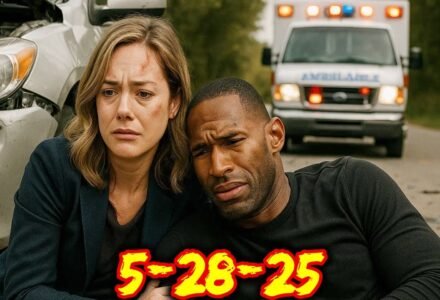
In a world where justice and emotion collide, Poppy’s visit to her daughter Luna in prison painted a portrait of profound sadness and regret. Luna, now behind bars, had committed crimes so grievous that Poppy found herself unsure of when, or even if, Luna would ever be free again. As a mother, Poppy's heart ached with the realization that her daughter’s path had led to this dire consequence, and she struggled with a feeling of helplessness. The crimes Luna committed were severe, and there was a palpable sense of anticipation among the public for her punishment. Despite this, Luna displayed no remorse; instead, she directed her anger towards Poppy, blaming her for not providing a stable family and a father figure. Luna's distorted psychological state and her subsequent choices seemed to lay a heavy burden of responsibility on Poppy.
Poppy's visit was a mix of heartbreak and self-reproach. Luna's words, filled with bitterness and blame, resonated with Poppy's deepest fears and regrets. She wondered if, had she paid more attention to Luna’s emotional needs and desires, her daughter might have taken a different path. Yet, despite the heavy emotional weight, Poppy knew that the time for rectification had passed. It was clear that Luna’s psychological issues were not entirely her own fault, but rather a complex interplay of factors, including Poppy’s role in her upbringing.
Feeling helpless and desperate, Poppy sought assistance from Bill, a powerful and wealthy individual in Los Angeles. She implored him to use his influence to help reduce Luna's sentence, hoping that Bill's connections might offer a glimmer of hope in a seemingly hopeless situation. Poppy's appeal was a testament to a mother's love and her desperation to see her daughter have a chance at redemption, even if it meant relying on someone else’s power to effect change.
Meanwhile, tensions between Taylor and Brooke were reaching a boiling point. Taylor was unrelenting in her criticism of Brooke, particularly targeting Brooke’s daughter, Hope. Taylor's harsh words about Hope, comparing her unfavorably to herself and accusing her of being a destructive force, ignited a fierce defense from Brooke. Despite Hope’s mistakes, Brooke stood firm, unwilling to let Taylor’s attacks go unanswered. The conflict was not just about Hope’s behavior but about the larger dynamics of family and loyalty.
Brooke’s concern for Hope was compounded by her own anxieties. She feared that Hope might struggle with her feelings for Finn, which could further complicate an already tense situation. Brooke’s protective stance highlighted the strain of balancing maternal instinct with the harsh realities of family conflict and societal judgment. As emotions flared and confrontations escalated, it became clear that the paths of redemption and reconciliation were fraught with obstacles, driven by personal regrets and unresolved grievances.
In this complex web of familial and social strife, Poppy's anguish and Brooke’s protective fervor reflected the deep-seated human struggle between fault and forgiveness, hope and despair. The narrative of Luna’s imprisonment, Poppy’s plea for mercy, and the familial discord between Taylor and Brooke underscored the often-painful realities of seeking redemption and understanding in a world where justice and personal failings intersect.






